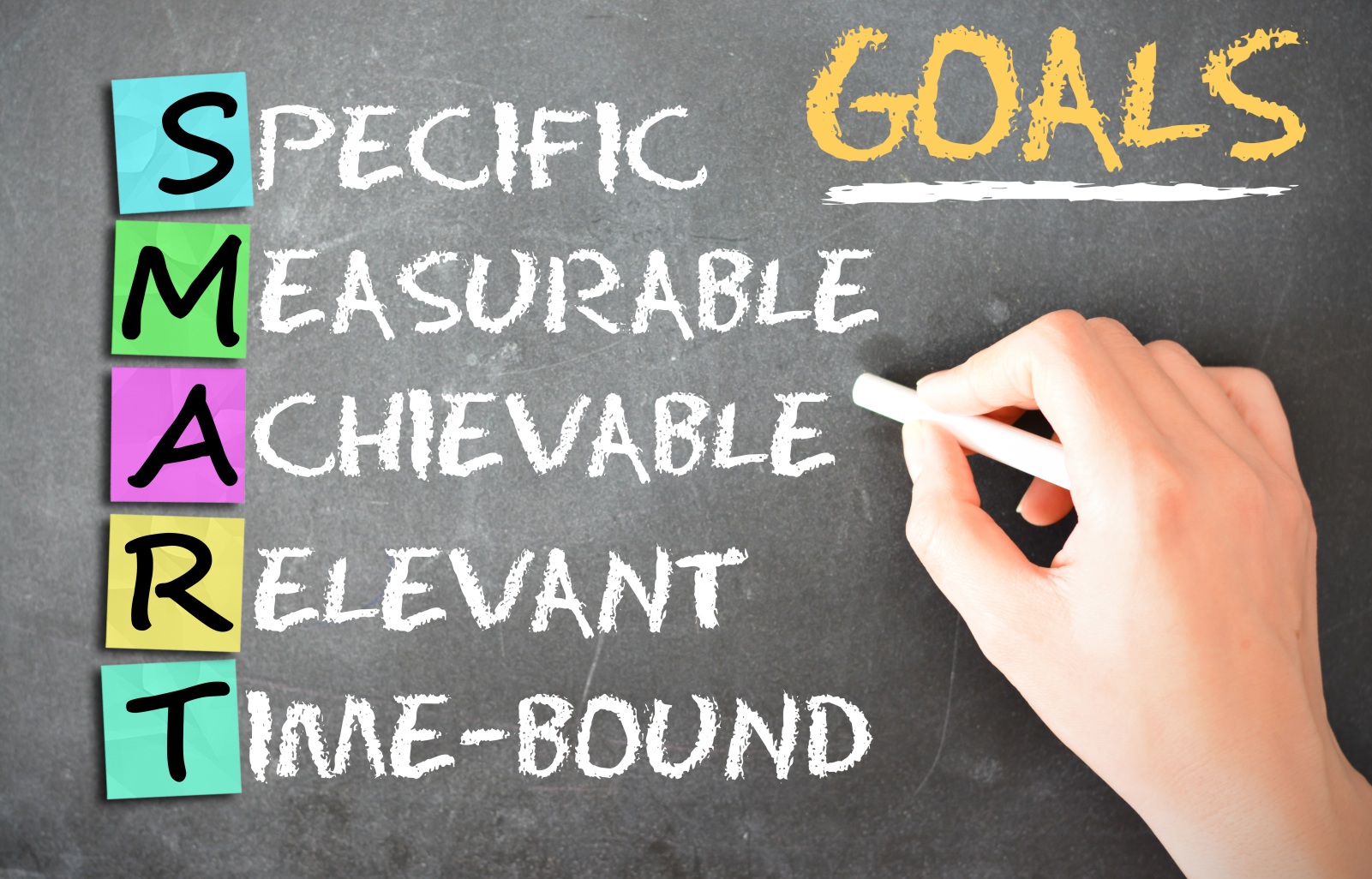With the New Year often comes increased motivation and drive to implement behavior changes related to one’s health. Diet and exercise habits are common areas of behavior change; others to be considered could be stress management, sufficient sleep, or management of health conditions/concerns. In assessing and adjusting any component of wellness, attention to accountability and awareness can be crucial in initiating and sustaining positive lifestyle habits.
Seek Internal Accountability
While not an unfamiliar concept to many, it is important to develop a sense of responsibility and commitment to achieving one’s goals. This sense of obligation can aid in motivating and maintaining behavior change. Common practices that can help instill internal accountability towards lifestyle habits include:
- Setting SMART (Specific, Measurable, Achievable, Relevant, and Time-Bound) goals. Continually monitor progress on a daily, weekly, monthly, or quarterly basis. Reassess and adjust goals as needed.
- Scheduling workouts and/or meal planning into daily/weekly calendar.
- If found to be beneficial, assign deadlines to tasks related to the desired goal or habit. This can be used in both the planning and implementation phase of behavior change.
- Utilizing a system for monitoring the targeted area of wellness. This can include manual systems (food diary, exercise notebook, etc.) or an electronic system. One such tool could be a nutrition tracking and meal planning application.
NOTE: As a RAC member, you will be gaining exclusive access to EatLove, an intelligent meal recommendation platform, featuring a meal database of more than 7,500 dietitian approved meals, over 150 restaurant menus proving smart meal options, comprehensive nutrition insight reports, AI label reader, and more. Such systems allow an individual the opportunity to monitor their own progress and patterns.
- Identifying motivating factors for implementing change and frequently reminding oneself of these reasons. Those who tend to be internally motivated may focus on personal reasons for implementing change (health, ability to perform various movements, management or prevention of health conditions, etc.). Those who are externally motivated may want to focus on reasons related to obligation to others, such as role-modeling (to family members, community members, children, etc.).
Incorporate External Accountability
This can be beneficial, particularly in the early stages of implementing change. Common practices that result in external accountability include:
- Implementing changes with the assistance of friends, family, coworkers, and/or community groups. Working with another individual or group of individuals on a similar goal can increase motivation and sense of responsibility to maintain the needed behavior change(s).
- Sharing goals and deadlines with others. If self-determined goals and deadlines do not provide enough drive internally, consider disclosing these with others. This may lead to more consistency.
- Participating in challenges, contests, or having a trusted individual challenge one’s personal goals, if one is motivated by ambitious goals. Just ensure that while ambitious, goals are still within a realistic framework. Particularly with relation to physical activity goals, keep safety in mind. Overtraining or over-exerting could realistic in harm or injury.
- Signing up for group classes or activities.
- Utilizing a system for monitoring the targeted area of wellness and sharing results with others.
- Working with a personal trainer and/or registered dietitian.
Maintain Awareness
Awareness encompasses several aspects of behavior change. In terms of accountability, awareness stems from recognizing if external or internal accountability is more beneficial, as well as selecting what systems of accountability are most effective. It is also aids in recognizing when a system of accountability should be adjusted. Other means of fostering awareness include:
- Identifying barriers to behavior change and finding potential solutions or means to work around these challenges.
- Defining parameters or boundaries around behavior change to allow for reasonable flexibilities. For example, allowing for adjustments in one’s eating pattern for gatherings with others.
- Recognizing what qualifies as realistic change(s); this will vary for every individual.
- Knowing what systems of behavior change will be sustainable over time. This could apply to eating patterns or exercise habits, amongst other areas of wellness. If an individual knows that one method of exercise (swimming, group classes, hiking, Pilates, strength-training, etc.) is more preferable, the individual should focus changes around that influencing factor.
- Utilizing a system for monitoring the targeted area of wellness, then using data provided to identify and adjust patterns.
- Working with a professional to identify difficulties, patterns, and solutions.
In a season associated with change, set yourself up for success if you are planning to make any modifications to your lifestyle. While not the only factors of successful behavior change, consider how accountability and awareness can have a positive impact on your goals. Happy New Year!




